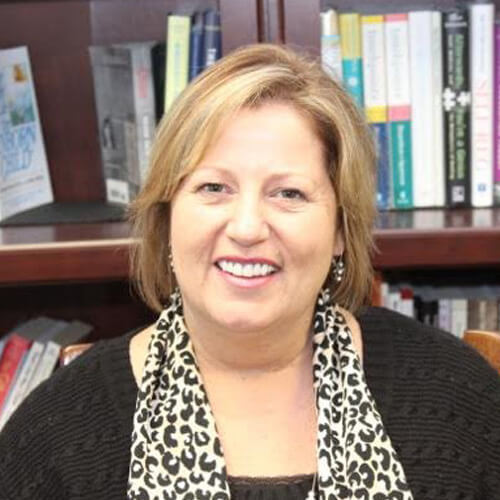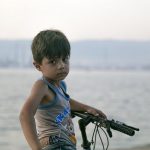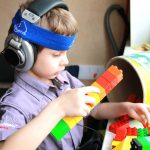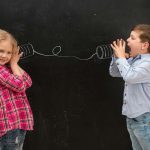I am sure that most families right now are getting ready for the bustle of end of year activity with great amounts of energy. It is family time for most and also catching up with friends you have not heard from in a long while. We are all engaging in reflecting on the past year and recalling wondrous moments, as well as times where it would have been better to simply not have left the bed!
Children reflect in their play. This is likely the most misunderstood aspect of childhood as the world interferes with activity that requires product and not process. We all want to see what the child can do, what the child can accomplish and we want to answer the question of how far did we comes this year. It would be so great to measure our success by what we can see or observe in every day life.
Yet, the child does so many things unseen by us. We know that they listen, that they perhaps can use language effectively, that they can build a structure, but do we know their thoughts? Is there truth to “you are what you think you are”? Why do we sometimes observe behavior that is not logical to the moment, that interferes with our wishes for a child’s behavior, and that is not deemed “publicly appropriate”? Do we truly understand why the child engages in what he or she does?
When children play they experience the world as they see it. They control the play. They choose the activity, the characters, the symbols and the scenes. They play out what is important to them.
Children are developing minds, not developing bodies alone. They have to figure out their world with what they have available to them in their own capacities of understanding. Each experience you have had in the past is linked to a limbic memory (emotional memory) and we bury these experiences with their emotions in the subconscious regions of our mind. When we recall these past events, we immediately feel the emotion that went alongside with it. We do not learn to do this as adults, but when were developing as children. The memories you are making during this end of year family time are going to become one of those subconscious limbic memories.
When children play they experience the world as they see it. They control the play. They choose the activity, the characters, the symbols and the scenes. They play out what is important to them. The two year old may play out a lot of “baby” themes as they embark on this exciting but scary world of exploration, especially if mommy has a new baby to pay attention to. The 4-year may play out big monster and scary themes as they stand on the important precipice of discovering their own self-identity and also gain a few nightmares in this process. The 5 year old may play out his ambivalence toward going to the “big school” next year and the need to still be cuddled and nurtured and not to be expected to “grow up”. The Kindergartner may play out teacher and children themes to figure out authority and the limits of his own autonomy. Other times children play out experiences in their lives like going to the doctor or dentist or some happy family event like going to the beach.
It is during play that the child is learning the very self-reflection that we as adults take for granted every day. Can you imagine not having the ability to think back on loved ones you may have lost? Or not to have the ability to think on how you solved a similar problem before, so you could engage in a similar strategy again? How do you measure this ability? How do you rate this ability in importance? Yet, we can get so stuck on only what we are able to see. What is my child eating, how is she writing, or speaking, but rarely “how is she thinking” and how does her self-reflection affect her daily performance. How is she developing her self-esteem and sense of self based on her experiences? We are so engaged in goals in every realm of activities of daily living, but do we really know the mind of our child?
We frequently see a strong phenomenon at our center in a number of kids we serve. They may go through the physical part of our program quite well and achieve great results, but they may still exhibit behaviors at home or school that looks like nothing has changed. This is so frustrating for families who are so invested in seeing their little one do better. In actual fact, they are doing better, but their own minds have not made that emotional leap as yet to simply trust the new experiences and let go of the past uncomfortable learning experiences. This frequently takes time and requires a certain amount of play to process the emotional mind’s adaptive response to their “newer” nervous system. In play the children will choose themes that are dear to them; the child who is bedwetting still may put a toilet in the middle of a wild forest; the child with an eating disorder may choose a whale to feed; the child who lacks a sense of power may become the biggest wizard of all times! The list goes on. Children will frequently play the character they most fear or not understand so they could practice seeing the perspective of both sides. Frequently they will bring up themes from past “traumatic” experiences that they will re-enact with the “new” experiences to make sense of the past.
I can go on and on, but really want to leave you with one thought during this end-of-the-year time. How barren would your life have been if you did not have the ability to self reflect and make sense of past experiences? How much attention are you paying to the developing growth of the mind of your child to achieve this same amount of fullness?
Warm hugs to everyone!
Maude








